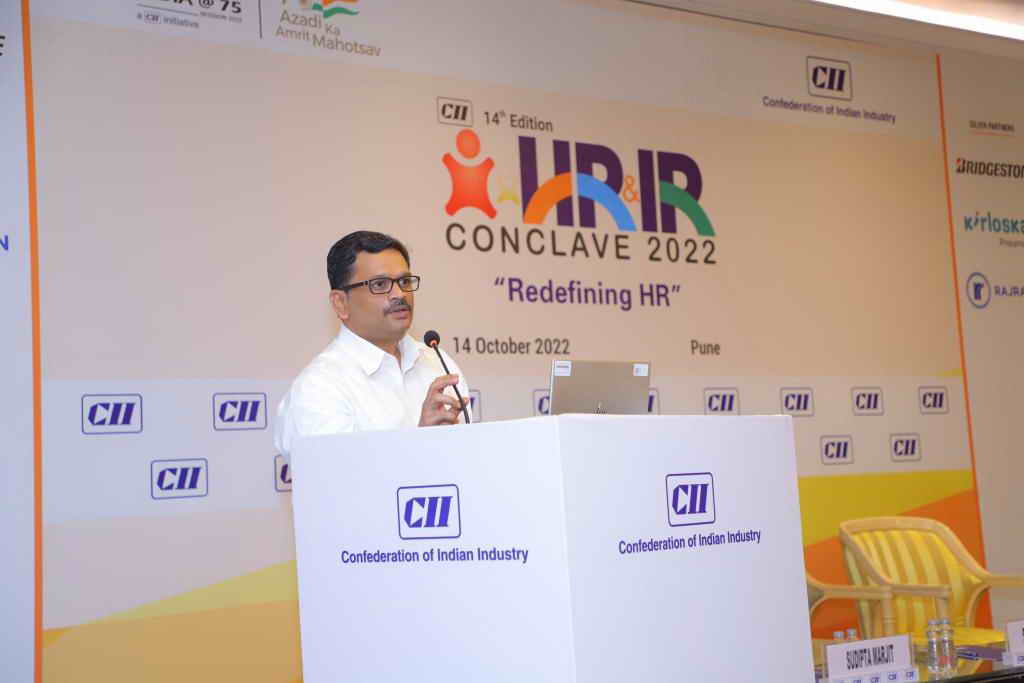Award Winning Speech

Sunday, November 20, 2011
Funny Fact of Change
Monday, November 7, 2011
Importance of Sprint Retrospective: Distinguish between Repetitive practices vs Best practices
When you see or hear a case that seems to resonate with your past experience, we are often prejudiced to state that we have seen similar case in past and that we overcame it with a certain solution and a way. We tend to repeat that again.
This is wrong premise and is a classic case of perceptual error. Often than not, it results in a sub-optimal working condition.
It is really important to repeat only the best practice and not repeat a practice that worked earlier. This is where project retrospectives help.
Project/Sprint Retrospectives help identify as to what we did, how it worked, what are the best aspects of the practice that should be carried forward, what can be improved in the current system and then document them as a best practice. What ever worked well in a given transaction is recognized for a spot reward, but is not essentially disseminated via the global knowledge board in intranet.
email Templates is a classic example to explain best vs repetitive practices. In my projects, we first decide on the formats of email for various regular communication areas - status reporting, Budget (efforts, cost) allocation, work pull from Kanban, issues/dependencies attention, etc.What we do is decide how we would craft the subject line, how the messages will contain the key information and what are ideal time to expect these emails. This way, when ever we are in a meeting (daily standup) or my meeting with management stakeholders and clients, it is easy for search and finding the relevant emails. With the mind tuning to see the key points in familiar areas, it is easy to be efficient.
While these templates are by themselves a good practice, we have realized that the formats of emails that worked in one project needs improvization based on sprint team understanding, comfort and ease before adopting it in next project. Hence we have a best practice to have email templates, but we distinguish it and do not repeat the formats from one project to another.
This way, we not only innovate and explore better, we develop a keen sense of intuition as to what works and what is a value-add in a given constraint, situation or culture.
Does your retrospective allow for discussion in identifying the repetitive vs best practices ?
License

Learning Practice by Shrinivasan.G is licensed under a Creative Commons Attribution-Noncommercial-Share Alike 2.5 India License All views expressed here are my own and does not reflect that of my employer or clients or any other sources.
.
